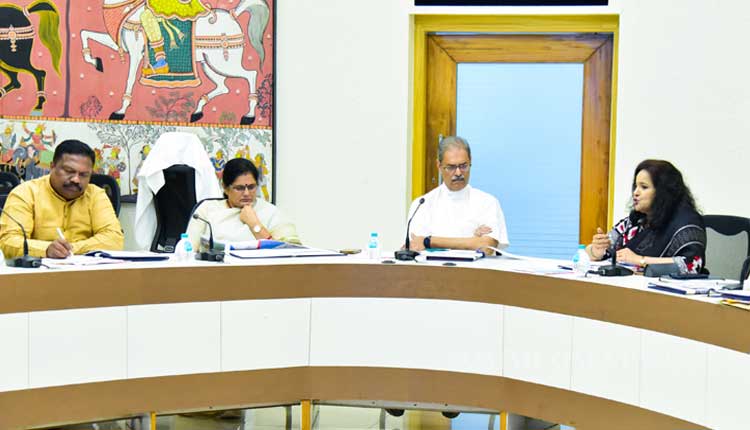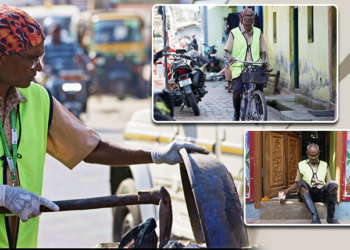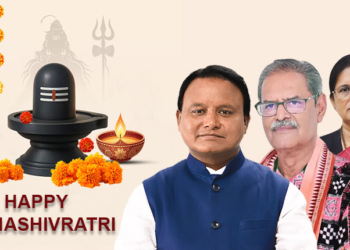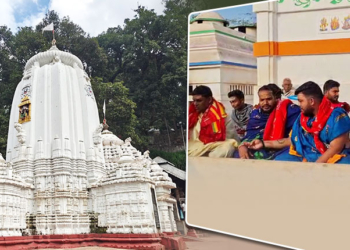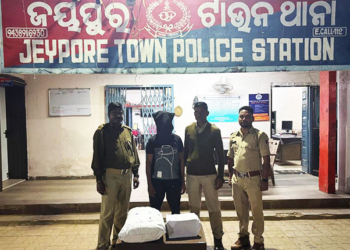Bhubaneswar: In its first meeting, the Task Force which has been formed to check the state’s distress migration, discussed measures to prevent exploitation of migrant workers and ensure their welfare.
The Task Force formed to check distress migration, held its first meeting under the chairmanship of Deputy Chief Minister and Agriculture Minister Kanak Vardhan Singh Deo, at Lok Seva Bhawan on Monday. Attendees included Minister of Mission Shakti, Tourism and Women and Child Development Pravati Parida, and other department ministers, additional chief secretaries, and principal secretaries.
Presiding over the meeting, Deo emphasized the need to provide stable employment opportunities and eliminate illegal contractors. He announced plans to develop a mobile app to track migrant workers’ data and introduce health cards for them.
Deo said, “Migrant workers are often exploited with promises of high wages but receive inadequate compensation. The government has formed a Task Force to address their issues. To safeguard migrants, the government will register migrants before they leave the state, ensure labour contractors obtain licenses, keep a vigil on contractors, develop a mobile app to track migrant data and introduce health cards for migrant workers.”
“To address migration issues, the government must enhance workers’ skills and ensure timely wages. The Inter-State Migrant Workmen (ISMW) Act, 1979 will be enforced to prevent unauthorized labour recruitment. A toll-free number, 1800-345-6703, has been set up by the Odisha government for assistance. For effective solutions, collective efforts between police, administration, and awareness campaigns at the village and panchayat levels are necessary. Promoting stable employment, and utilizing banking and UPI services will also help resolve migration issues”, maintained Deo.
It is pertinent to mention that approximately 8, 38,000 migrant workers returned to Odisha following COVID-19. In 2024, around 1,036 labour licenses were issued, and 96 inspections were conducted. Surveys were conducted in 29 gram panchayats across four districts such as Balangir, Bargarh, Kalahandi, and Nuapada.




